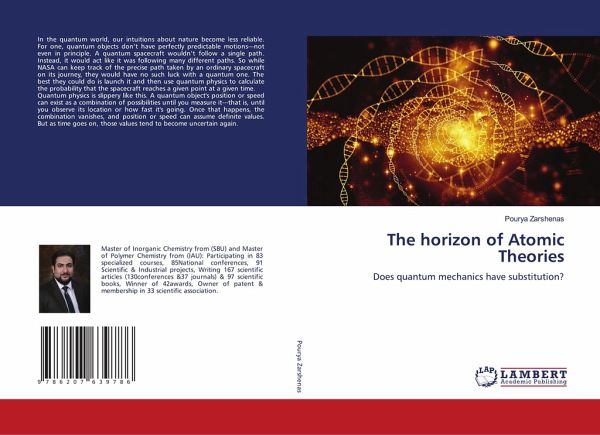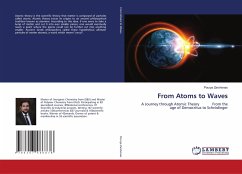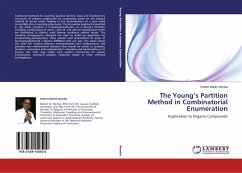
The horizon of Atomic Theories
Does quantum mechanics have substitution?
Versandkostenfrei!
Versandfertig in 6-10 Tagen
40,99 €
inkl. MwSt.

PAYBACK Punkte
20 °P sammeln!
In the quantum world, our intuitions about nature become less reliable. For one, quantum objects don't have perfectly predictable motions---not even in principle. A quantum spacecraft wouldn't follow a single path. Instead, it would act like it was following many different paths. So while NASA can keep track of the precise path taken by an ordinary spacecraft on its journey, they would have no such luck with a quantum one. The best they could do is launch it and then use quantum physics to calculate the probability that the spacecraft reaches a given point at a given time.Quantum physics is sl...
In the quantum world, our intuitions about nature become less reliable. For one, quantum objects don't have perfectly predictable motions---not even in principle. A quantum spacecraft wouldn't follow a single path. Instead, it would act like it was following many different paths. So while NASA can keep track of the precise path taken by an ordinary spacecraft on its journey, they would have no such luck with a quantum one. The best they could do is launch it and then use quantum physics to calculate the probability that the spacecraft reaches a given point at a given time.Quantum physics is slippery like this. A quantum object's position or speed can exist as a combination of possibilities until you measure it---that is, until you observe its location or how fast it's going. Once that happens, the combination vanishes, and position or speed can assume definite values. But as time goes on, those values tend to become uncertain again.














